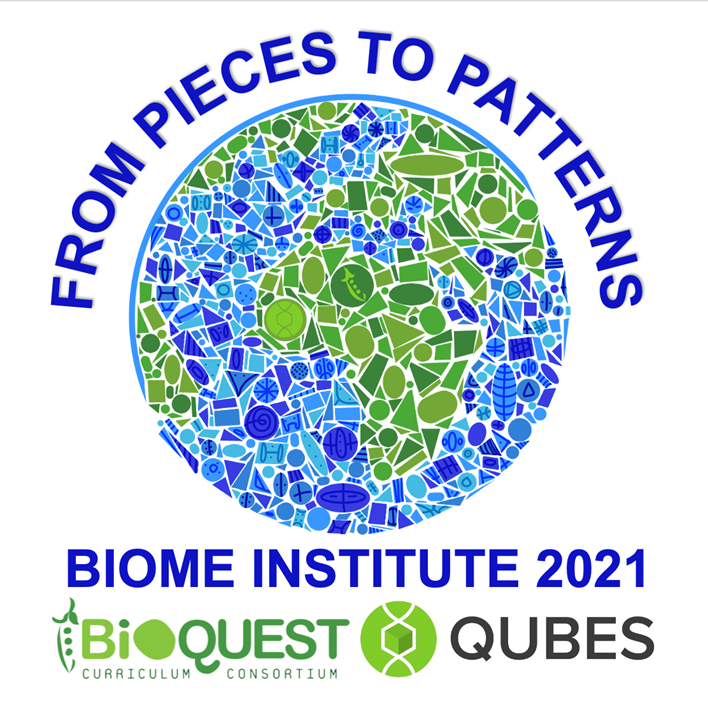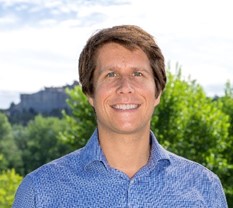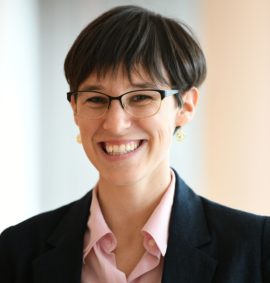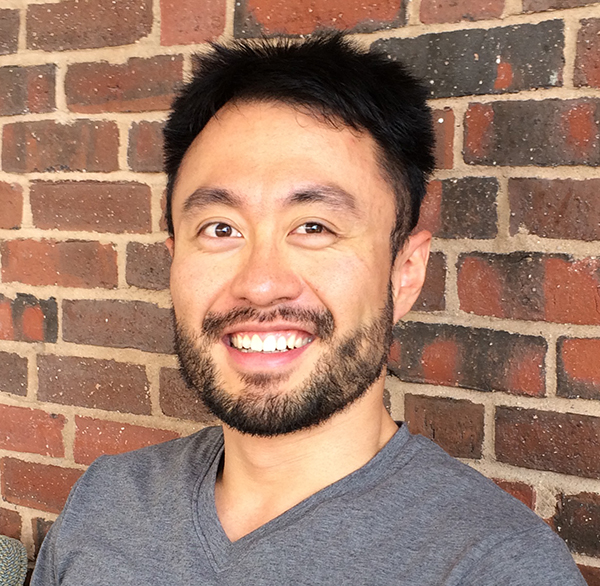Keynote Presentations
Genetics Education Matters for Dismantling White Supremacy
Throughout history, the science of genetics has been used to support white supremacist claims about the naturalness of racial inequality. What role, if any, does biology education play in the development of ideas about the genetic causes of social inequality? In his talk, Dr. Brian M. Donovan will present data from randomized control trials (RCTs) carried out in schools to highlight how students unintentionally learn genetic explanations for racial inequality in school biology. Then, Dr. Donovan will use evidence from RCTs to explain how these harmful beliefs could be reduced through curriculum and instruction that enhances students’ disciplinary literacy in genomics. Dr. Donovan will argue that the teaching of human genetics is not a socially neutral endeavor. It could produce humane or inhumane social attitudes depending on what we teach students about genetic variation and race and how we teach it. By teaching about the social and quantitative complexities of human genetic variation in order to challenge white supremacist beliefs, we can help students develop a better understanding of human difference, which in turn, could reduce the risk that students develop naïve and harmful beliefs about the genetic basis of racial inequality. The implications of this work for genetics education will be discussed.
Brian M. Donovan is a research scientist at BSCS Science Learning. He holds a B.A. in biology from Colorado College, a M.A. in teaching from the University of San Francisco, and a M.S. in biology and Ph.D. in science education from Stanford University. His research explores how genetics education interacts with social-cognitive biases to influence how students make sense of complex biological and social phenomena. By translating this research into frameworks that inform curriculum, instruction, and teacher education, Brian hopes to create a generation of researchers, teachers, and curriculum writers who know how to teach about human difference in a more humane manner. Brian’s award-winning educational research (e.g, The 2019 NARST Early Career Research Award, The 2018-2019 Most Downloaded Paper Award for Science Education, The 2017 NSTA Research Worth Reading Award) has been reported on by news outlets in the United States (e.g., The New York Times, The Atlantic/Undark, & EdWeek) and abroad (e.g., The Independent & The Australian Broadcasting System). Currently, he is the principal investigator of three different NSF funded research projects that explore the cognitive, social, and educational factors that link the learning of human genetics to reductions in racism, sexism, and deterministic worldviews that limit human potential. Before his research career, Brian taught middle school science for seven years in San Francisco.
Supporting the Development of Students’ Science Communication Skills
Rose Hendricks, Ph.D., is a social scientist who works to connect science and society. She currently leads the Society Civic Science Initiative, a network of scientific societies working to support scientists who engage with policymakers and public audiences, and is the Interim Senior Advisor to the LISTEN Network (Leaders of Science & Technology Engagement Networks). She has conducted research on effective science communication in both academic and nonprofit contexts and has recently served on the core team for the Science Communication Trainers Network.
Dr. Tao is a Fellow and Principal Investigator at the Rowland Institute at Harvard. His research interest lies in understanding the mechanistic links among structure and function across lengths scales. He has a multidisciplinary background in science and engineering, including low-temperature experimental physics, mechanistic organic catalysis, structural biology, combinatorial chemical syntheses, and fabrication technologies. Since starting an independent career in 2016, Dr. Tao’s team has achieved important advances in nanotechnology, including the synthesis of the most magnetic oxide thin film (Ho2O3), demonstration of machining with atomic depth resolution, and the design and fabrication of nanomechanical force sensors with the highest force sensitivity.
Dr. Tao is also founder of Project MEER:ReflEction, a comprehensive adaptive mitigation framework with the potential to stop the ongoing ecological collapse on planet Earth. Team members at MEER:ReflEction envision a new role for Homo sapiens: stabilizer of the natural world and steward of its ecosystems. This new role requires appreciation for Earth’s dynamic and delicate climate system, deep-rooted respect for the finiteness of her abiotic physical resources, high awareness of our interconnectedness with other species, and the simultaneous emergence of efficient fabrication technologies and new universal social values that are transformative. Within this framework, fostering free access to science and engineering education through a global open education network is a key step in lifting this civilization away from its current trajectory of collapse toward carbon-neutrality, sustainability, and ecosystem recovery.



